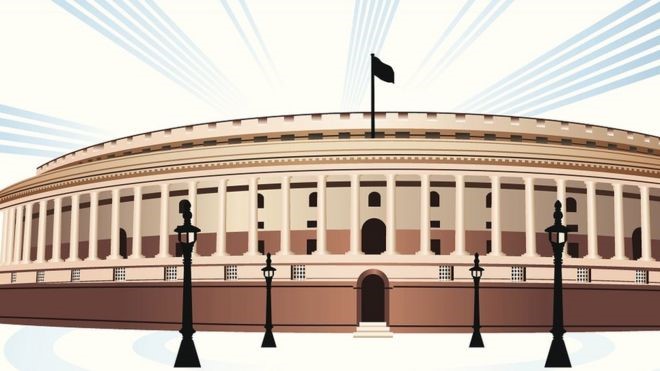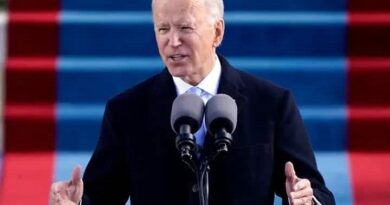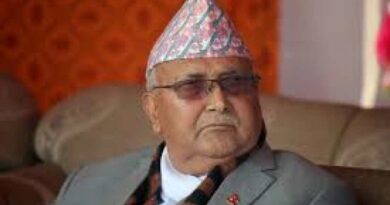What is the Question Hour, whose questions are being raised about not being in the Parliament session
Due to Corona, the monsoon session of Parliament is starting late this time. For this reason, many changes have also been made this time regarding the Parliament session.
The monsoon season starts on 14 September. The proceedings of Lok Sabha and Rajya Sabha will be held from 3 pm to 7 pm, except for the first day. On the first day, both houses will run from 9 am to 1 pm.
Apart from this, changes have also been made in the seating area of the MPs, so that social distancing can be followed in the Corona era.
The session of this time will also run on Saturday and Sunday, so that the time period required to run for the session of Parliament can be completed.
Private member business has not been allowed in this session, there will be zero hours and MPs will also be able to raise important issues related to the public, but its duration has been reduced to 30 minutes.
But with this, the Question Hour will remain an important proceedings of Parliament in this session.
What is the question hour?
The first hour of a Lok Sabha meeting is for asking questions. This is called the Question Hour.
During the Question Hour, Members of Lok Sabha can ask questions on every aspect of administration and government activities. During the Question Hour, the government is tested. Every minister, who has a turn to answer questions, stands up and answers about his administrative work.
There are three types of questions asked during the Question Hour – Starred Questions, Unstarred Questions and Short Notice Questions.
Starred Question – A starred question is one whose member wants an oral answer in the House and is marked with an asterisk.
Unstarred Question – An unstarred question is one whose member does not want an oral answer in the House. Supplementary questions cannot be asked on unstarred questions. Answers to unstarred questions are given in writing and are printed in the official report of the House of the day for which they occur.
Short notice questions – To get answers to starred or unstarred questions, a member has to give information 10 days in advance. But short notice questions can also be asked on short notice. In this regard, Rule 54 of the procedure and functioning of the Lok Sabha provides that any question in relation to a matter of public importance can be asked on less than 10 days’ notice and if the Speaker is of the opinion that the delay in the question If not, then he can give instructions that the Minister should tell whether he is in a position to answer and if it is on which date. If the Minister concerned agrees to answer, such a question will be answered on the day indicated by him and he will be called for oral answer immediately after the questions given in the question-list are cleared. If the Minister is unable to answer the question on short notice and the Speaker is of the opinion that the question is of sufficient public importance that his oral answer should be given in the House, he may direct that the question be completed on the ten-day notice Be put as the first question in the question list.
How did the Question Hour begin?
India has adopted this method from England where it first started in 1721. Parliamentary questions began in India under the Indian Council Act of 1892.
Before independence, there were many restrictions on the right to ask questions in India. But after independence those restrictions were abolished. Now Members of Parliament can ask questions to get information on a topic of public importance which is in the special cognizance of the Minister.
Which questions can be asked in the Question Hour?
Rule 41 (2) related to the procedure and conduct of business in Lok Sabha has mentioned that what kind of questions can be taken during the Question Hour.
Such questions of public importance can be taken in which the words harmful, presumption, satire, accusation and value are not used.
In this, no question will be asked on the character or conduct of any person except public status, nor will any personal accusation be made. These questions should not even seem to be blasphemous.




